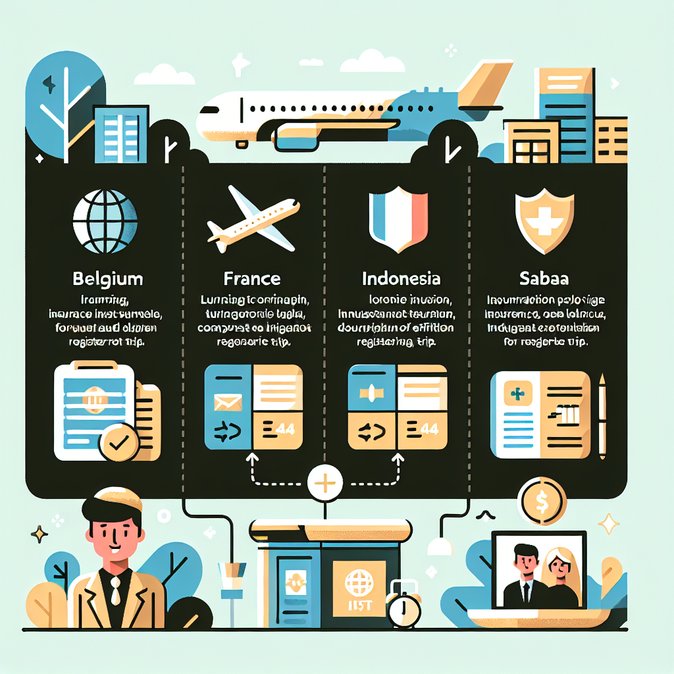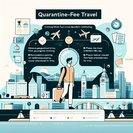
Hong Kong’s Security Bureau has taken another step toward normalising outbound travel by lifting its Amber Outbound Travel Alert (OTA) for Belgium, France, Indonesia and the eastern coastal region of Sabah in Malaysia. Announced at 17:12 HKT on November 21, the decision reflects an updated risk assessment that everyday security, health and transport conditions in the four destinations have stabilised.
The Amber OTA is the bureau’s lowest warning level and signals that travellers should ‘monitor the situation and exercise caution’. Many multinational companies with regional headquarters in Hong Kong hard-wire the OTA levels into their duty-of-care policies, meaning an Amber destination usually triggers extra managerial approval, higher travel-insurance premiums and pre-trip briefings. With the alert now removed, corporate travel managers can process trips to Brussels, Paris, Jakarta, Bali and Kota Kinabalu under standard protocols, cutting approval cycles at a busy year-end travel period.
![Hong Kong drops Amber travel alert for Belgium, France, Indonesia and Sabah]()
Airlines are expected to benefit almost immediately. Cathay Pacific and Greater Bay Airlines both report healthy forward bookings to Europe and Southeast Asia over the Christmas and Lunar-New-Year peaks, and say the downgrade removes a psychological barrier for leisure travellers. For business flyers, especially those in luxury retail, food trading and energy services, the removal simplifies compliance paperwork and reduces the need for crisis-management plans.
Government officials nonetheless urged residents to maintain prudent travel habits. Sabah still experiences sporadic kidnapping incidents, and France periodically faces disruptive transport strikes. Travellers are advised to register their itineraries via the Immigration Department’s ‘Outbound Travel Information’ platform so they can receive real-time SMS alerts and rapid consular assistance via the 24-hour hotline 1868 if conditions deteriorate.
Global-mobility teams should update internal dashboards and remove any Amber-level restrictions for the four destinations with immediate effect, while continuing to monitor local developments through trusted security-intelligence feeds.
The Amber OTA is the bureau’s lowest warning level and signals that travellers should ‘monitor the situation and exercise caution’. Many multinational companies with regional headquarters in Hong Kong hard-wire the OTA levels into their duty-of-care policies, meaning an Amber destination usually triggers extra managerial approval, higher travel-insurance premiums and pre-trip briefings. With the alert now removed, corporate travel managers can process trips to Brussels, Paris, Jakarta, Bali and Kota Kinabalu under standard protocols, cutting approval cycles at a busy year-end travel period.

Airlines are expected to benefit almost immediately. Cathay Pacific and Greater Bay Airlines both report healthy forward bookings to Europe and Southeast Asia over the Christmas and Lunar-New-Year peaks, and say the downgrade removes a psychological barrier for leisure travellers. For business flyers, especially those in luxury retail, food trading and energy services, the removal simplifies compliance paperwork and reduces the need for crisis-management plans.
Government officials nonetheless urged residents to maintain prudent travel habits. Sabah still experiences sporadic kidnapping incidents, and France periodically faces disruptive transport strikes. Travellers are advised to register their itineraries via the Immigration Department’s ‘Outbound Travel Information’ platform so they can receive real-time SMS alerts and rapid consular assistance via the 24-hour hotline 1868 if conditions deteriorate.
Global-mobility teams should update internal dashboards and remove any Amber-level restrictions for the four destinations with immediate effect, while continuing to monitor local developments through trusted security-intelligence feeds.








